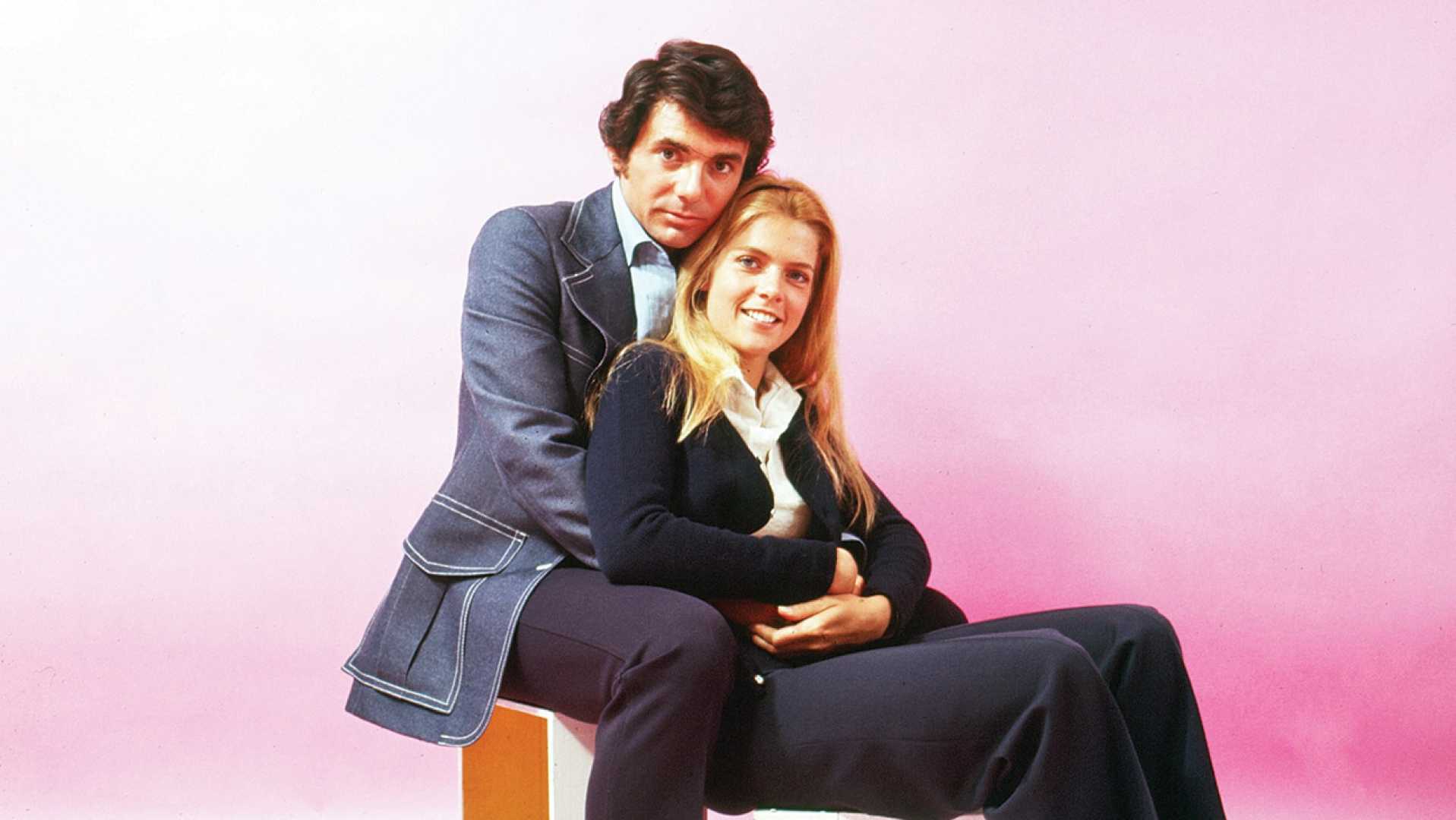Entertainment
Interfaith Series Bridget Loves Bernie Shook CBS in the ’70s

Hollywood, CA – In 1972, CBS premiered the sitcom Bridget Loves Bernie, which followed the interfaith marriage of Bridget, an Irish-Catholic school teacher, and Bernie, a Jewish cab driver. Despite its romantic and comedic appeal, the show sparked significant controversy and was canceled after just one season.
The sitcom was created by Bernard Slade and was inspired by the play Abie’s Irish Rose. It gained popularity quickly, becoming the fifth most-viewed show during its first season. Critics and audiences praised the program for its humorous take on the challenges of an interfaith couple, addressing their cultural differences, family reactions, and social expectations.
However, the show faced backlash from conservative Jewish organizations, with some officials condemning the portrayal of interfaith relationships as “cavalier” and “cute.” Critics argued that the show misrepresented the serious nature of such marriages, leading to pressure on CBS to cancel it. In response to the show’s critics, CBS stated, “We realize that those who protest are not cranks, but sincere, concerned people.”
The prevailing attitudes towards interfaith relationships in the 1970s were often negative, with many viewing marriages between different faiths as taboo. This climate led to heightened sensitivities around the show, which CBS asserted attempted to be respectful by including clergymen as advisors.
Despite the show’s cancellation in 1973, it remains a significant cultural reference point for discussions on interfaith visibility. Today, with growing acceptance of interfaith marriages, viewers can appreciate the evolution of societal attitudes since Bridget and Bernie first captured audiences.
Looking forward, the Netflix series Nobody Wants This, released in 2024, explores similar themes. The success of Bridget Loves Bernie decades ago showcases how far depictions of interfaith love have come, prompting reflections on past prejudices and contemporary acceptance.












